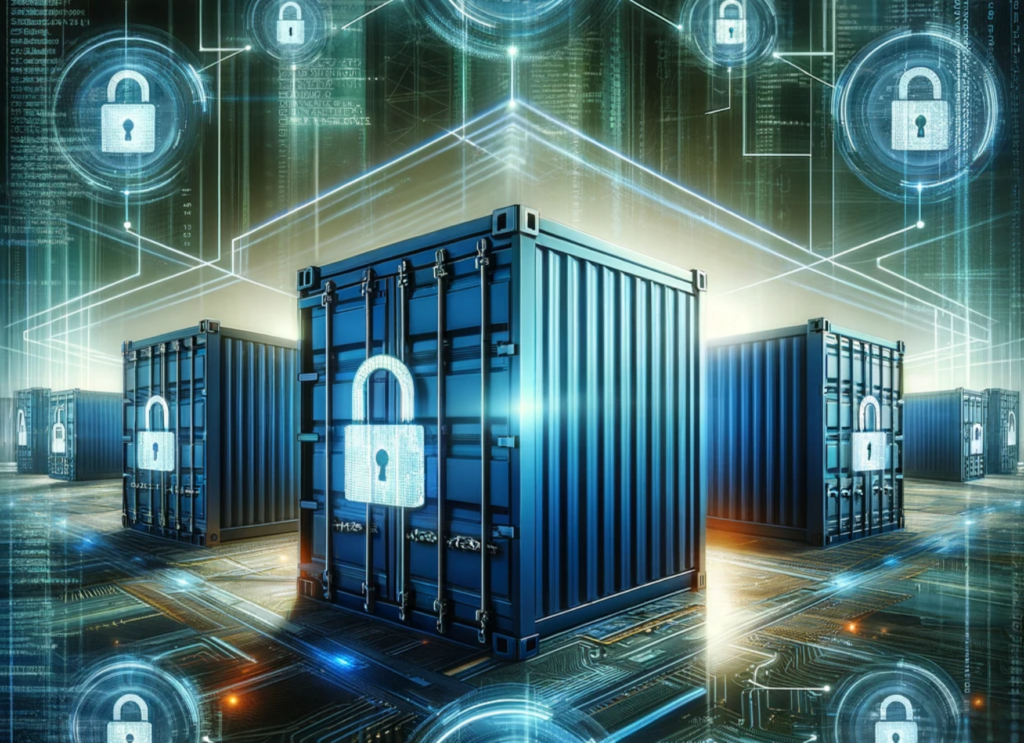Container Security: 7 Strategies for IT Managers
From the zero-trust approach to advanced monitoring and automation – in our blog post you can find out how to master the complex challenges of container security.
Container technologies are a cornerstone of modern IT structures. They offer a high degree of flexibility and efficiency, but also pose new challenges in terms of security. Below you will find seven strategies for effective security.
1. Implementing a Zero Trust approach
In the world of containers, data traffic between servers is more extensive and more complex. A zero-trust approach, where every machine-to-machine transaction is authenticated, is therefore essential. This approach replaces implicit trust, which is based on the location of a network or the authentication of a user in a known network, with explicit verification. In multi-cloud infrastructures, this is particularly important to effectively manage security policies and certificates.
2. Use of Monitoring Tools
Monitoring and evaluating network traffic in container environments is complex. However, modern Kubernetes monitoring tools can help to detect multi-stage and complex attacks at an early stage. They make it possible to identify attacks that occur via vulnerabilities in the network or in the services and offer protection against malware that is already in the system.
3. Use trusted Containers
The security of containers starts with onboarding. It is important to only install containers from trustworthy sources and to regularly check for security vulnerabilities. A separate, secure Docker registry can help to maintain control over the container images used and ensure that only checked and validated images are used.
4. Machine learning for Anomaly Detection
Machine learning can help detect unusual activity and anomalies in container environments. Learning algorithms and automation measures improve the ability to detect and prevent cyberattacks by analyzing behavioral patterns and highlighting conspicuous activities.
5. Automation of Container Security
The automation of security processes is of great importance in view of the large amount of data in container infrastructures. Automated and rule-based security solutions can intervene at the right moment to prevent or minimize damage. They make it possible to reduce false alarms and respond more efficiently to real threats.
6. Ensuring Up-to-dateness with Open Source
Open source technologies in container environments require continuous maintenance. Although security vulnerabilities are often fixed quickly, they also represent a large attack surface. It is therefore important to install operating system and kernel updates promptly and implement automated rollout processes.
7. Prefer integrated Cloud Solutions
An integrated cloud solution for container security is often more effective than individual open source tools. Such solutions are more up-to-date, adapt to new threats and make economic sense, especially for medium-sized companies.
Conclusion
Container security is a complex field that requires specific know-how. There is no universal strategy that fits every company. IT managers should therefore rely on experienced consultants to develop individual solutions. Containers remain an important technology for high flexibility and scalability in IT. With the right security measures, they can be used efficiently and securely.
Source: Plusserver


